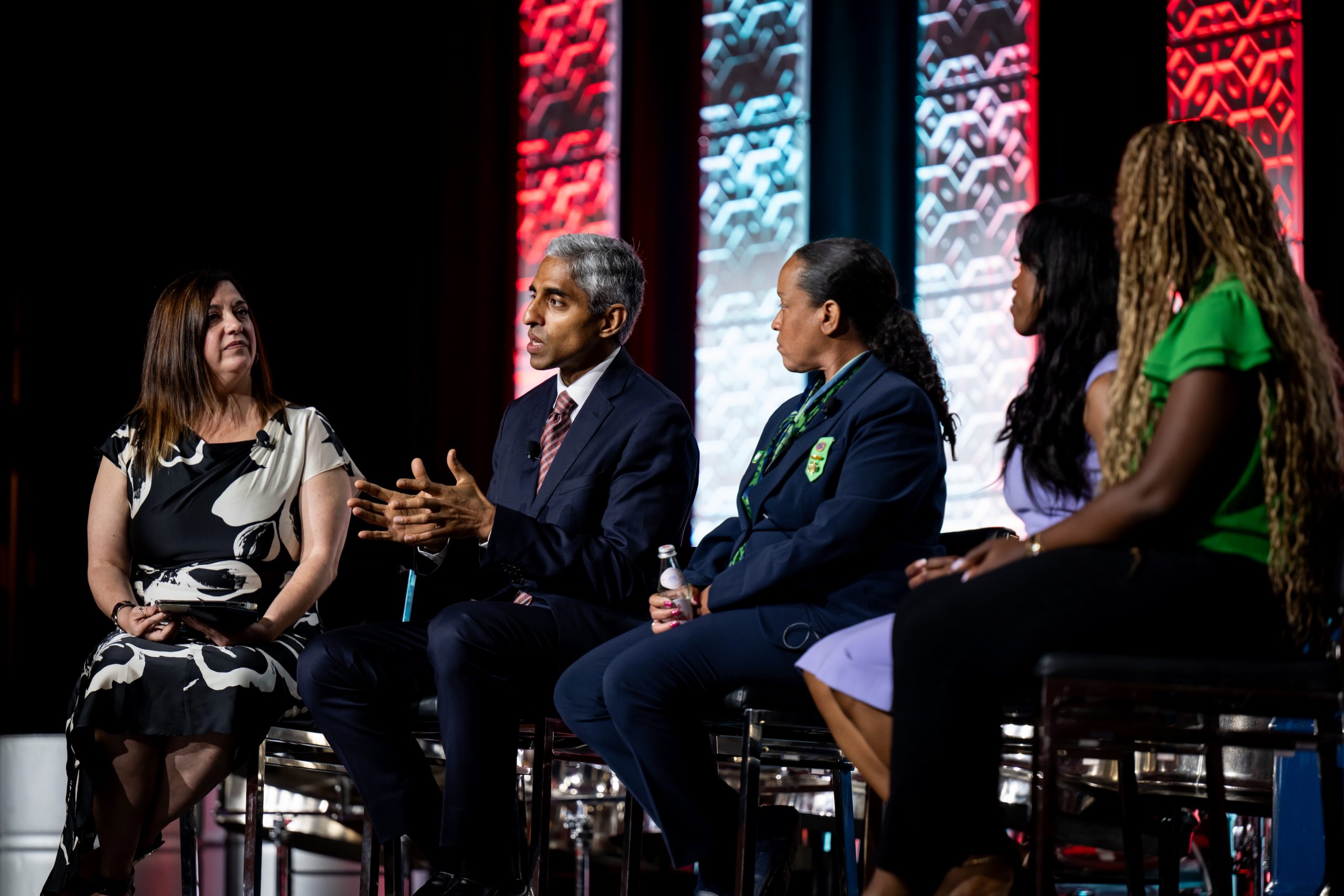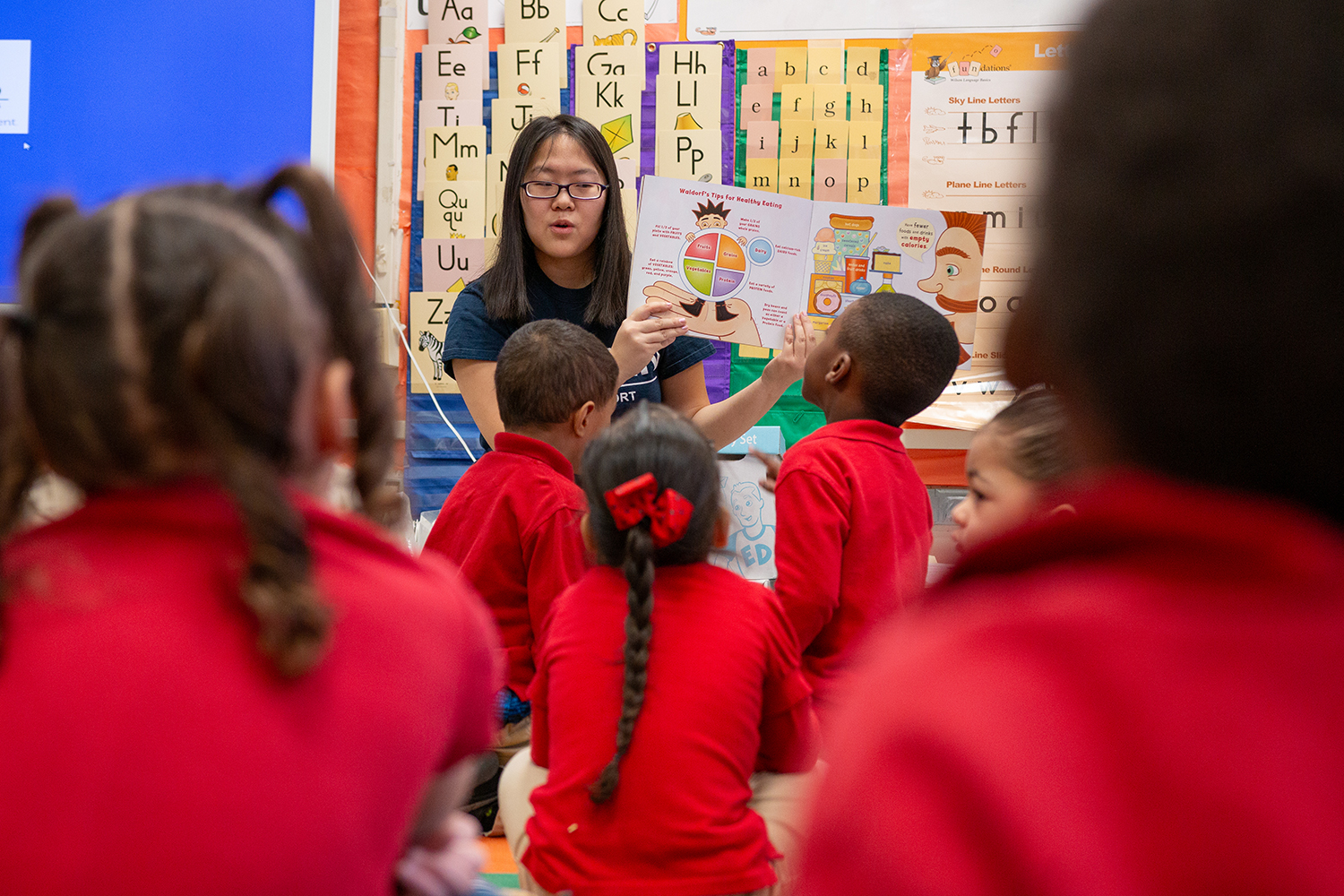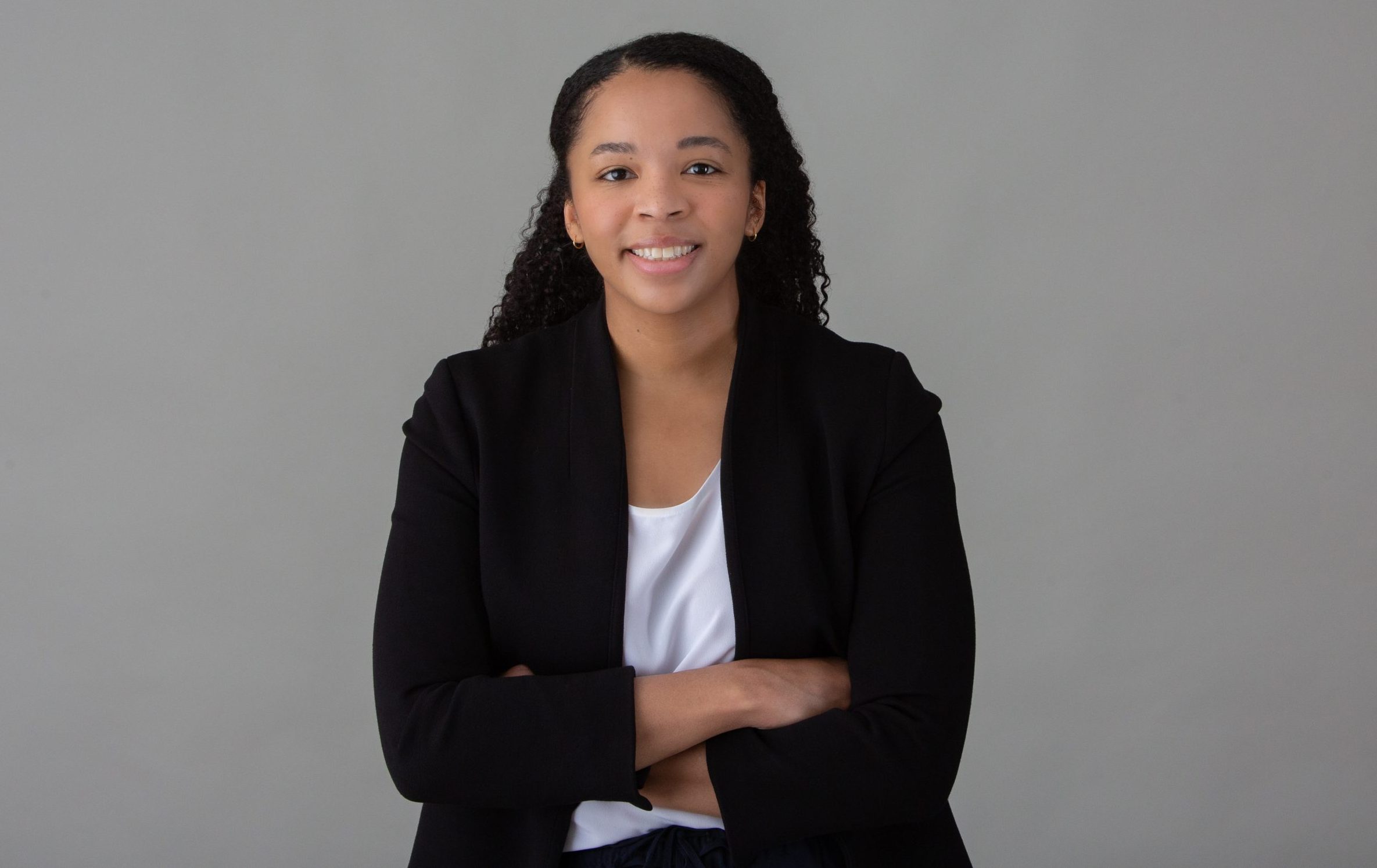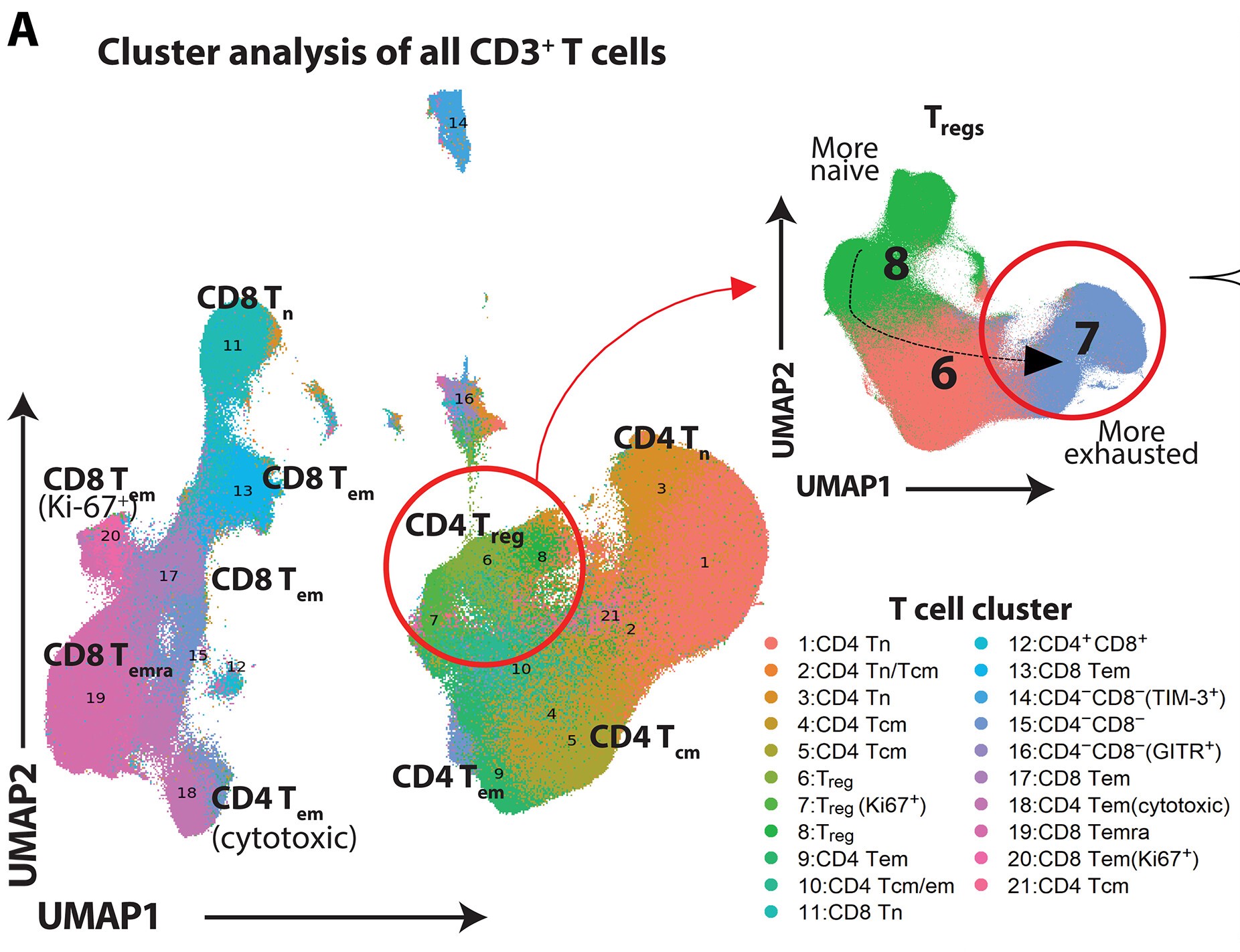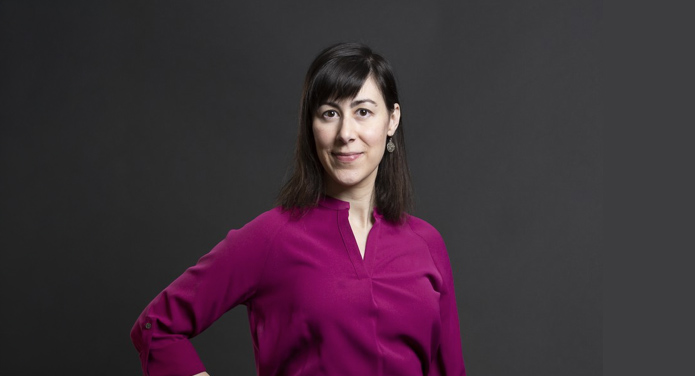UConn Students Explore Entrepreneurship Across Borders Through an Abrahamic Lens
Forty-five university students from across the Middle East, North Africa, and the U.S., including UConn, completed an innovative online course this summer designed to explore how shared values rooted in the Abrahamic traditions can foster successful entrepreneurial practices in the MENA region and beyond.
Offered by UConn’s Lieberman Abrahamic Program, the six-week “Entrepreneurship through an Abrahamic Lens” course brought together 45 students from the U.S., UAE, Bahrain, Morocco, Israel, Palestine, and Syria.
It proved so popular and thought-provoking that it will be offered again in the spring 2026 semester.
The curriculum provided a comprehensive look at international entrepreneurship, with special focus on how cultural, historical, and religious connections in the region influence small business creation.
The course emphasized cross-cultural learning, teamwork, and real-world applications and was developed in collaboration with leading institutions such as Ben Gurion University, EcoPeace Middle East, Duke University, INTERMID in Bahrain, and the International University of Rabat.
UConn student Harrison Wolk ’28 (BUS) says the class was an incredible way to spend part of his summer vacation, and that he is excited to implement its practices into his business ventures.
“Our virtual collaboration, facilitated by incredible faculty members, brought together students from around the world to enrich each other’s perspectives on ethical business practices,” Wolk says. “In our first class, we argued about what we would love to see changed in the world today. To hear so many voices share that making education accessible to all is a top priority and felt like a spark of hope for the future.”
Students were divided into cross-border groups in the first week and worked together throughout the program, culminating in a final pitch session in the sixth week where they presented their insights and collaborative strategies for entrepreneurship in the MENA region.
“UConn is very proud that our Abrahamic Programs have produced this innovative online class,” says UConn Vice President for Global Affairs Daniel Weiner. “In the course, young entrepreneurial minds learned together and demonstrated the potential for regional cooperation and integration. Their joy being together was contagious and gives us hope.”
Key components of the course included:
• The intersection of core Abrahamic and entrepreneurship principles
• Case studies of regional joint ventures
• Practical strategies for navigating MENA entrepreneurial ecosystems
• Guest lectures from experts in cross-border business
• Group discussions focused on trust, empathy, and resilience in entrepreneurship
“I grew up believing that Jews, Arabs, Israelis, and Palestinians couldn’t get along. But through this course, I got to collaborate directly with people from all these communities and realized that most of us just want the same thing: peace, safety, and a better future,” says Jessica Nirschel, ’25 (CLAS).
The course served as a model for how entrepreneurship education can transcend political and cultural differences by focusing on shared human values and practical cooperation. Participants who completed all sessions and contributed to the group project received a certificate of completion from UConn Global Affairs.
“In this unique course, we focused on how the MENA region’s shared cultural histories actively shape business and political opportunities and drive the emergence of new ventures that address these openings,” says Sercan Canbolat, Director of Abrahamic Programs at UConn.
“It further underscores how virtues rooted in the Abrahamic traditions — such as trustworthiness, empathy, and critical thinking — are not only moral ideals but essential ingredients for achieving lasting entrepreneurial success and celebrating our common humanity for peaceful coexistence in this conflict-ridden region,” he says.
What Others are Saying:
Abdullah Adel Khateeb, student from the West Bank city of Bethlehem and program participant through EcoPeace Middle East:
“The Abrahamic Entrepreneurship course offered a powerful connection between the wisdom of the prophets and modern entrepreneurial tools, showing how faith, vision, and resilience can inspire innovation. It highlighted how entrepreneurship can serve as a starting point for peace, using shared values to build a better and more inclusive future.”
Fares Ashraf Serhan, program participant from Beer Sheva in the Negev region of Israel and a student at Ben Gurion University:
“The course was incredibly engaging and insightful and fun. Despite the difficult circumstances of the ongoing war, I was deeply impressed by the spirit of cooperation and mutual respect among all participants. I learned so much and honestly just had a great experience. I’m grateful for the opportunity to be part of this program.”
Danielle Aviran, Acceleration and Partnerships Manager, Beersheba, Ben-Gurion University of the Negev:
“We at Ben-Gurion University of the Negev are proud to have taken part in this exceptional international program, which brings together participants from across the MENA region to explore entrepreneurship through shared cultural and ethical foundations. The course fosters innovation, trust, and cross-border dialogue. Especially in these challenging times, building bridges through education and entrepreneurship is critical for advancing regional stability and economic resilience.”
Wacim Ben Yahya, head of the Technology Transfer Office, Rabat, Université Internationale de Rabat:
“Participating in the course on Entrepreneurship Through an Abrahamic Lens was both a personal and professional revelation. It reminded me that entrepreneurship, at its core, is about bridging gaps: between ideas and action, between people and purpose. When we look at the entrepreneurial journey through the lens of our shared Abrahamic values, we realize that young entrepreneurs are not just building companies, they’re creating spaces for dialogue, trust, and collective progress. In a time marked by fragmentation, this kind of entrepreneurship carries the power to bring people together in unexpected and deeply meaningful ways.”
Rana Qaimari, Deputy Director and Program Manager, Ramallah, EcoPeace Middle East Palestine:
“This unique course was a great opportunity, in this challenging time, for young participants from the MENA region and North Africa to meet, explore how faith meets enterprises and to learn that success is measured not only in wealth but also in integrity, faith and responsibility to create a better future.”
Abdullah Antepli, professor of the practice and director of POLIS in the Sanford School of Public Policy, Duke University (Durham, N.C.):
“This program beautifully demonstrated that when young people come together around shared values, borders and prejudices begin to fade. Entrepreneurship became a language of peace, and our students became living proof that collaboration across faiths and cultures is not only possible — it is powerful. As an educator and bridge-builder, few experiences are as moving as seeing students transform fear and distance into trust and innovation. This course is a shining example of how education, when rooted in our shared Abrahamic heritage, can cultivate both entrepreneurial excellence and a deeper commitment to our common humanity.”
Latest UConn Today
- Building A World Where Young People Thrive: SSW’s Innovations Institute Hosts 2025 Training InstitutesThe UConn School of Social Work’s Innovations Institute offered more than 160 workshops focusing on ways to improve outcomes for children, young adults, and families
- Husky Reads Brings the Joy of Reading and Healthy Lifestyles to Connecticut PreschoolersThe UConn Husky Nutrition & Sport initiative connects UConn students with hundreds of young children across the state each year
- Real Estate Professor Cohen: Study Confirms that Properties Adjacent to Tornado Destruction Initially Plunge in ValueLessons learned may apply to areas recovering from other natural disasters
- Elite Neurosurgery Residency Thriving at UConnMeet one of the future neurosurgeons training at UConn, Dr. Taylor Burch. As a Black woman, she’s a rarity in the neurosurgery field
- Blocking Cancer Cells from SpreadingPublished findings in Science Translational Medicine identify a future biomarker that may help match a melanoma patient with the right therapy for them.
- Carolan Awarded NIH Loan Repayment Award in Recognition of her Long-COVID ResearchKelsi Carolan, assistant professor in UConn’s School of Social Work, is investigating the effects of long-COVID on employment, family and social relationships, and mental health








